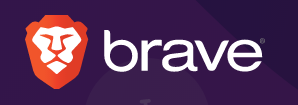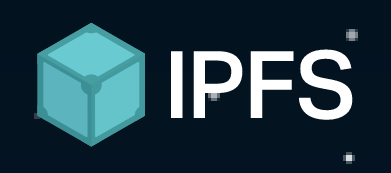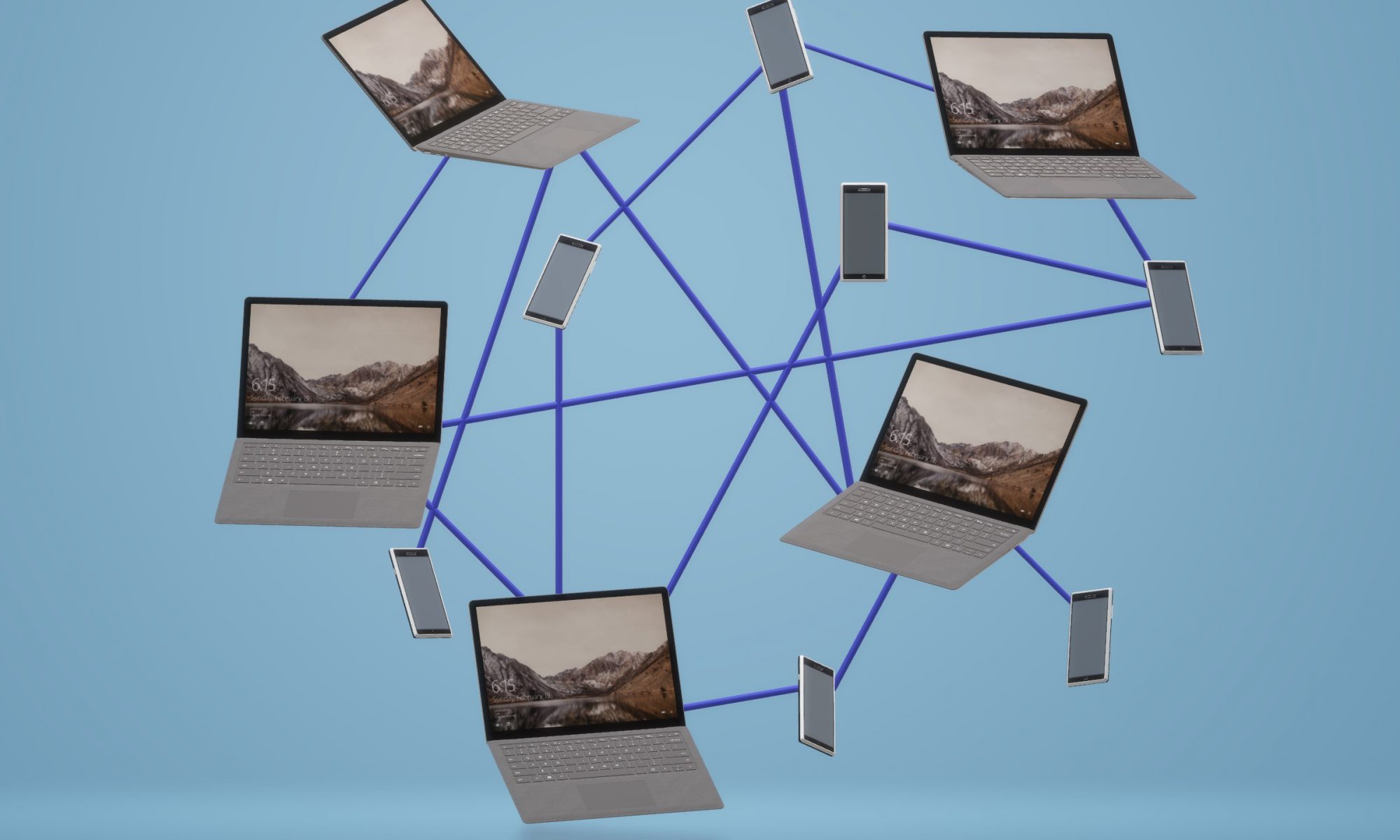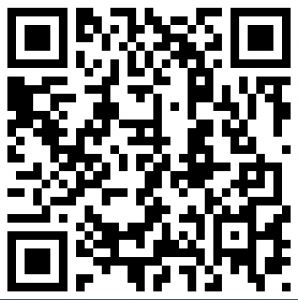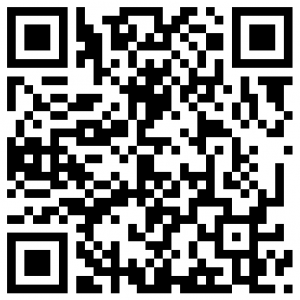On January 19, 2021, the Brave browser released version 1.19.86. A MAJOR feature was added:
IPFS support
Now, if you enter an IPFS URL, such as:
ipfs://Qmf93BEm2UsgEm949QY3uSrXxn5UfDH83ZFSvQsBGyxPRt
It will resolve the reference and deliver to you the file.
The method in which it resolves this depends on your local settings and whether or not you’re running a local IPFS node, the IPFS browser plugin, or neither. In all 3 cases, it will still resolve the URL and find and deliver the file.
In addition to that, it will give you the option of running an IPFS node on your PC. I highly recommend doing that, IF you’re not low on resources. All it takes is a single button click.

Then YOUR PC becomes part of the global InterPlanetary File System network, increasing the geographical distribution of files and speeding up the global performance of the entire network, in addition to speeding up YOUR use of it. Any file, DAPP (distributed application), or decentralized website (which is just a DAPP, BTW), will load for you much faster the second time you access it AND it’ll be available to you even when you’re offline!
IPFS is a critical part of the infrastructure of the new world wide web, which is being built out as fully decentralized and censorship resistant. Unlike centralized websites that get bogged down and slow down when more people use them, DAPPs actually get FASTER as more people use them!
This is a BIG deal that IPFS is now fully supported in a browser.
Go get the Brave browser here. It’s build from the Chromium source code, so it looks and feels similar to Chrome and all Chrome extensions work in it. It also strips out all the Google spyware and has an ad blocker built in, so browsing is faster without all the page loading delays caused by the ridiculous amount of ads loaded in most web pages these days.

